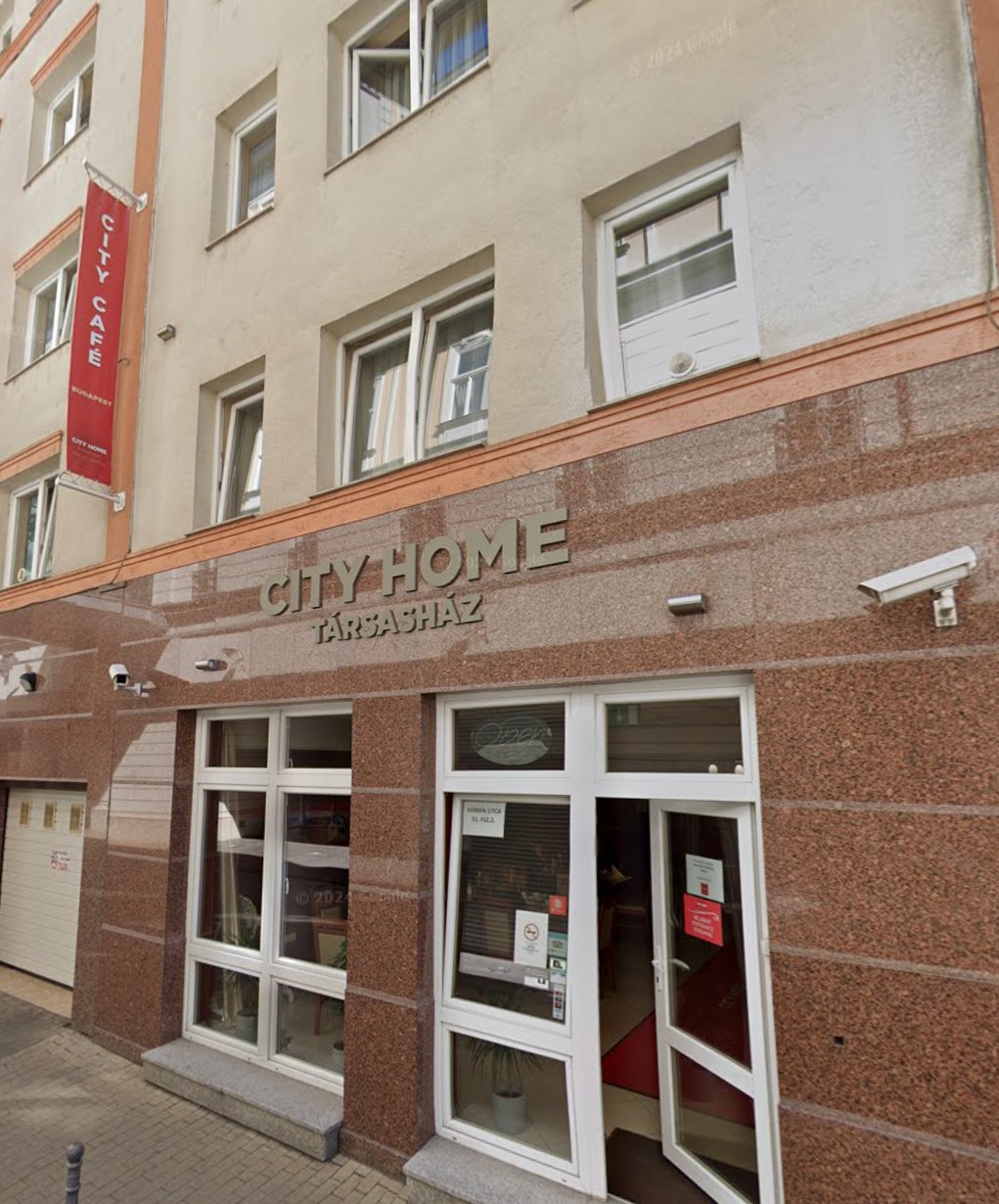Iceland in winter is stunning — frozen waterfalls, black sand beaches in snow, and of course, the Northern Lights. But if you’re planning to rent a car and […]
Chasing the Northern Lights in Iceland — My Experience Driving Under the Stars
Visiting Iceland in late October, I was hoping — like many travelers — to catch a glimpse of the magical Northern Lights. And I did. Not from a […]
Renting a Car in Spain? Here’s What You Must Know Before Turning the Key
Real Tourist Scams You Need to Watch Out For Renting a car in Spain gives you the freedom to explore stunning coasts, hidden towns, and beautiful countryside — […]
Bali Travel: Don’t Leave Without These 5 Items!
Authentic Finds You’ll Love to Take Home Bali isn’t just famous for its beaches and temples — it’s also a shopper’s paradise, full of handmade goods and local […]
A Spacious and Budget-Friendly Family Stay in Central Budapest
Our review of City Home Budapest Condominium – a quiet and central apartment-style hotel perfect for families. Traveling with family can be both exciting and logistically complex — […]
Top 7 Things to Buy in Paris, France
Chic Souvenirs & Authentic Finds from the City of Light Paris is full of elegant, thoughtful, and delicious things to bring home. From fashion to food, here are […]
Top 5 Things to Buy in Dhaka, Bangladesh
Authentic Local Finds That Make Perfect Souvenirs Dhaka is a bustling, colorful city filled with vibrant culture, skilled craftsmanship, and rich textile traditions. If you’re visiting the capital […]
What to Do If You’re Told to Get Off a Paris Metro or Bus Before Your Stop
If you’re traveling in Paris and suddenly hear an announcement asking all passengers to get off the metro or bus — before you reach your destination — you’re […]
Can Foreigners Buy Lottery Tickets in France?
Whether you’re visiting France for a short stay or living here longer-term, you may have noticed colorful displays of lottery tickets at local tabacs or supermarkets. But can […]
Paris Beauvais Airport: What You Need to Know
Paris Beauvais Airport (BVA) is a small international airport located about 85 km north of Paris. While it’s not as well-known as Charles de Gaulle or Orly, many […]






